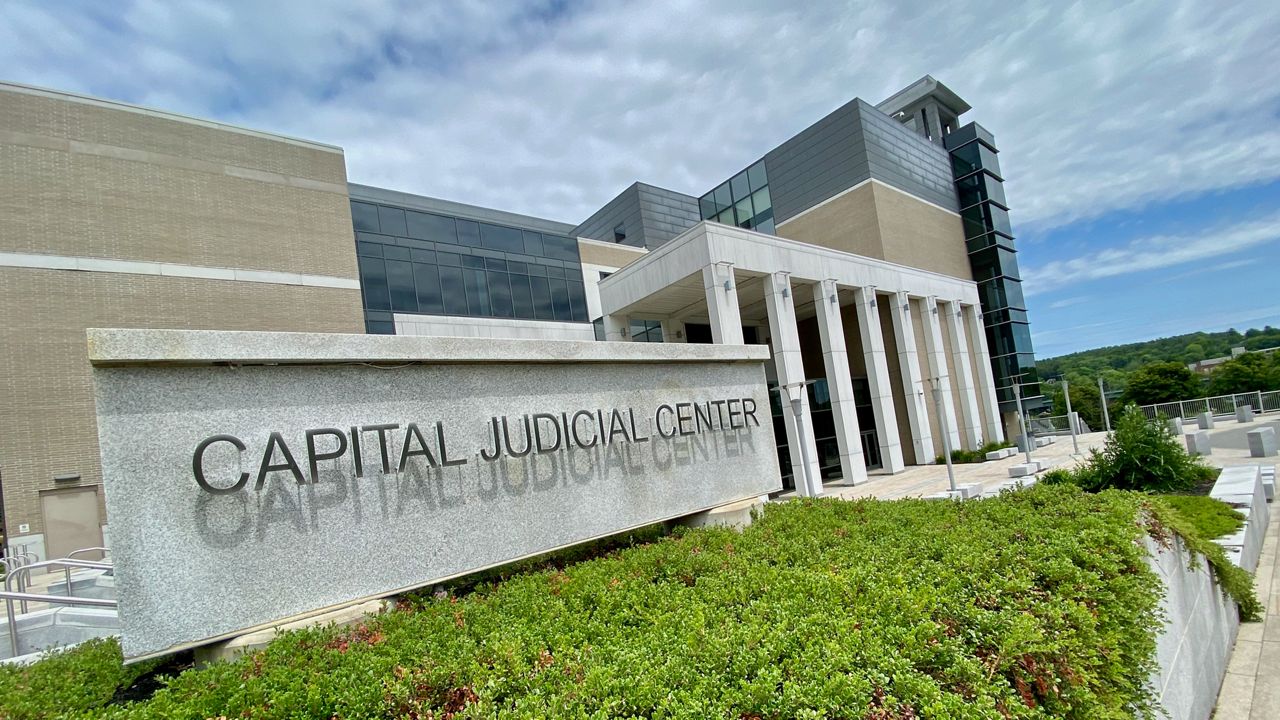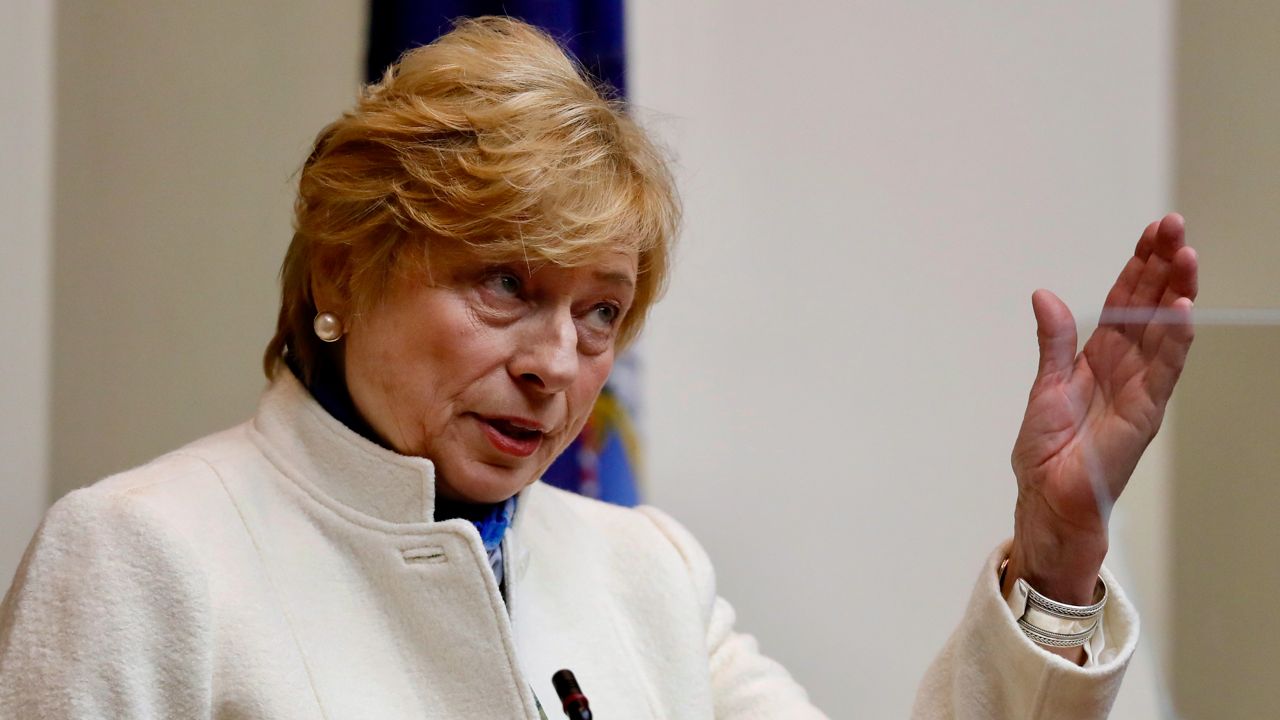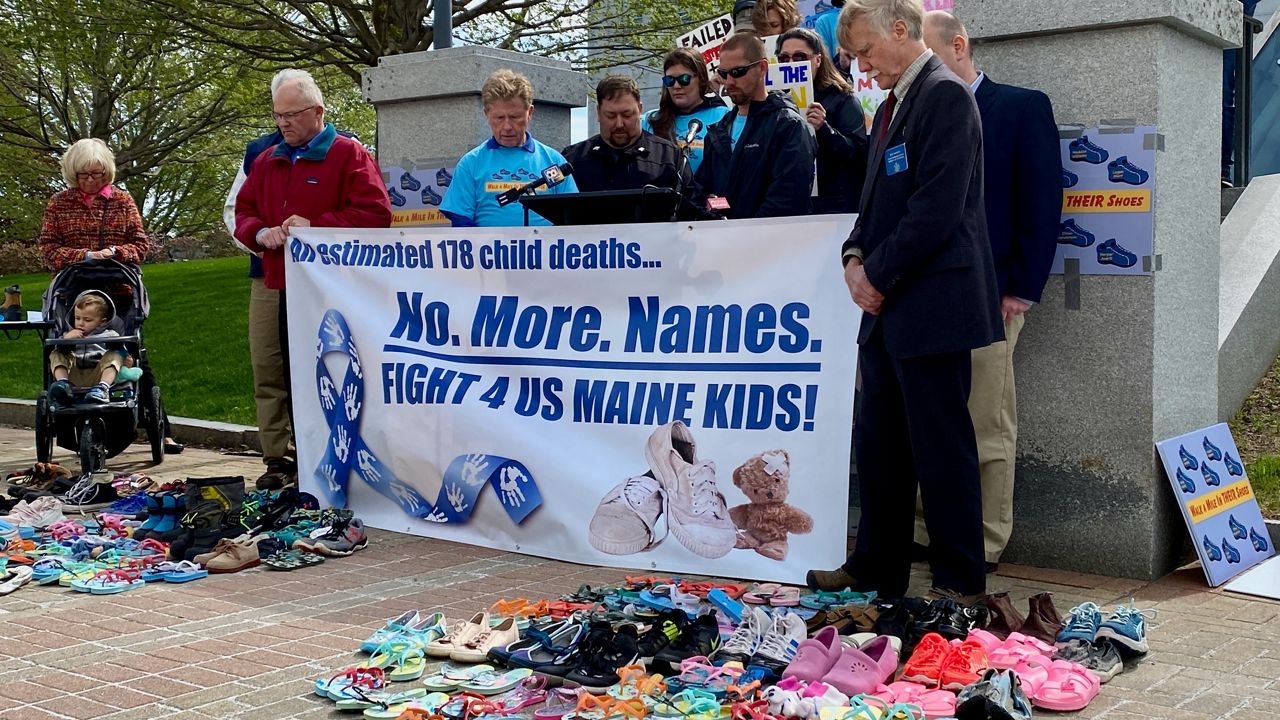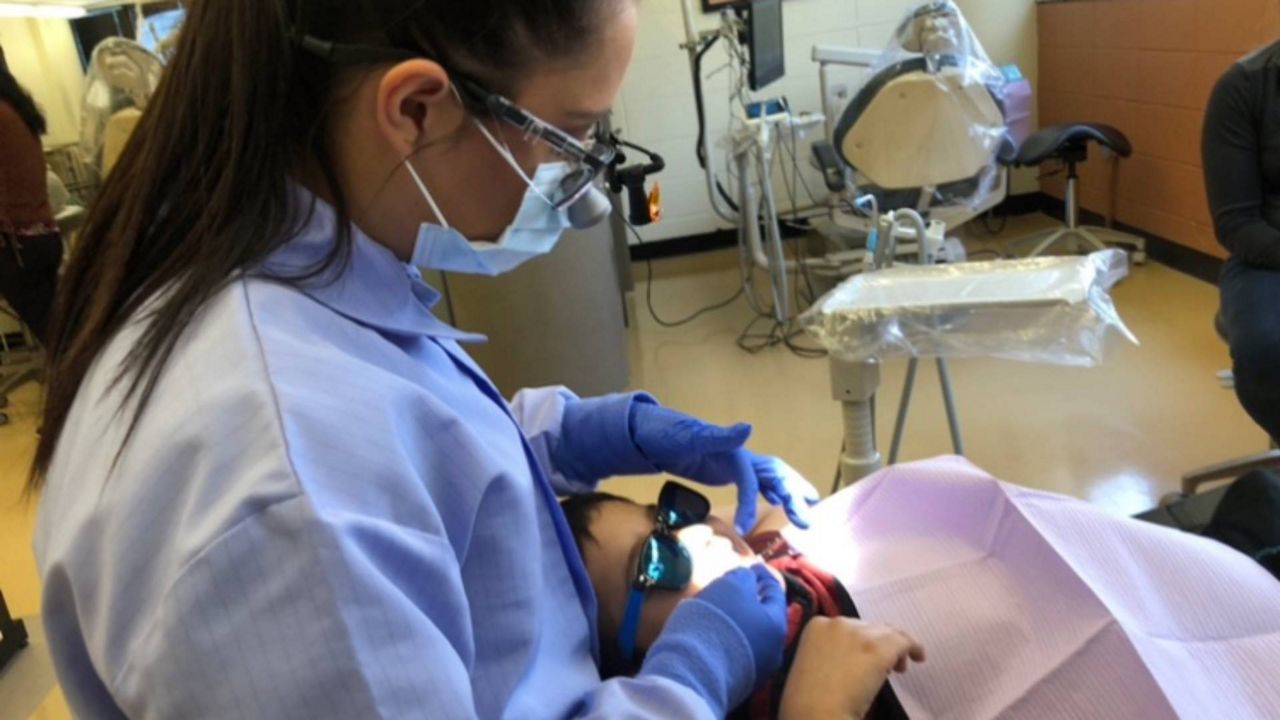Attorney General Aaron Frey told lawmakers Thursday that Maine will start receiving money this spring to tackle the opioid crisis head on.
Calling the estimated $130 million the state will receive over 18 years a “potentially once-in-a-lifetime opportunity,” he assured a legislative panel that protections will be in place to ensure that the money is spent wisely.
Democrats and Republicans on the Legislature’s Health and Human Services Committee asked Frey to make sure cities, school districts, counties and the state work together on programs to address the crisis. They also implored him to make sure many entities are involved in deciding how the money is spent and judging whether programs are working.
“This is a huge public health initiative,” said Sen. Ned Claxton (D-Auburn). “This is a lot of money and you’re going to have a lot of people offering to help you get rid of it.”
On the other side of the aisle, Rep. Michael Lemelin (R-Chelsea) said he hopes the attorney general’s office plays a key role in overseeing how the money is spent.
“I would prefer it if your office would monitor it more closely,” he said. “I’m not sure your office has the resources to do that.”
Frey said his office will work with the governor’s opioid response office, the University of Maine, and other partners who are already working on the issue to make sure the programs are transparent.
Last year, Maine set a record for drug overdose deaths, which are predicted to number more than 630 once the causes are confirmed. That’s a 23% increase over the previous year.
The state will receive up to $130 million from settlements with opioid distributors Cardinal, McKesson and Amerisource Bergen and manufacturer Johnson & Johnson. Frey said 20% of the money will go to the state; 30% to 39 Maine counties and municipalities that filed litigation or have more than 10,000 residents; and 50% to a Maine Recovery Fund that will be disbursed by a committee of stakeholders.
He explained that unlike the tobacco settlement money, which some states diverted away from smoking cessation or other related programs, the opioid settlement funds must be used for “opioid abatement activities.” Examples include increasing the availability of naloxone, which reverses overdoses, providing help for those who have been in jail, and support for pregnant women, he said.
Rep. Samuel Zager (D-Portland) asked whether the funds could be used to help people who are poor get the legal representation they need. He said many people are involved in child custody cases or other legal issues because of their “involvement with substances like opioids.”
Frey said although the money could not be used to pay legal costs, programs that help people fight substance use disorder could benefit those in the criminal justice system.
Frey said a “recovery council” that will include those with substance use disorder and family members affected by the opioid epidemic will be key to deciding how the money is spent.
“The plan for this was to bring in that range of voices that are really important for a comprehensive distribution to confront the opioid crisis that continues to be on fire here in the state,” he said.









